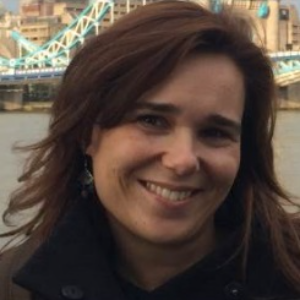Title : Adherence to treatment regimen in end-stage renal disease. Insights from neuroscience of “habit” and the importance of social networks in case management
Abstract:
The present communication proposes are question how the family and the community are structuring actors in the management of chronic kidney disease; questions the habits and routines of a chronic renal patient based on the neurosciences approach and relates this information to cognitive deficts referred by patients in a survey applied in a PhD social work research in Portugal.
Relationships with the family environment, with institutions and with the resource system are the object of study of the social work both to understand the situation of difficulty and to modify the causes that determine it. (Adapt. Carvalho, cit. Campanini, 2015, p.1). Social work can have a prominent paper in supporting patients and families to develop good habits and routines to manage the disease.
Seidel et al. (2014, p. 628), referred that due to limited daily life activities, cognitive deficits are not always evident for the patients’ social environments, (…) but they have direct relevance for daily function in CKD patients. Is it possible that decreased attention and concentration, memory deficits, reduced mental alertness and executive functions affect patients in end-stage renal disease. Among patients with terminal CKD receiving hemodialysis, more than 85 % had cognitive deficits (Murray et al. 2006).
Social work as a case manager can be more aware of these interfaces and support more effective interventions with families, resource systems and with the multidisciplinary team of the dialyses unit. Transpose these inferences to the social assessment and intervention, contributes to generate new perspectives and ways to improve intervention and to look for the best participation and patient decision-making concerning adherence to treatment regimen
What will audience learn from your presentation?
- To give an applied perspective of the relevant paper of family and community networks in the phenomena of
adherence to treatment in the context of end-stage renal disease.
- To reflect on how these contributions may or may not inform the practice of social intervention with people on a
hemodialysis program.
- The analysis will entail a correlation between the neuroscience of habits, social work, and neurology in end-stage
renal disease in adherence to treatment regime.




